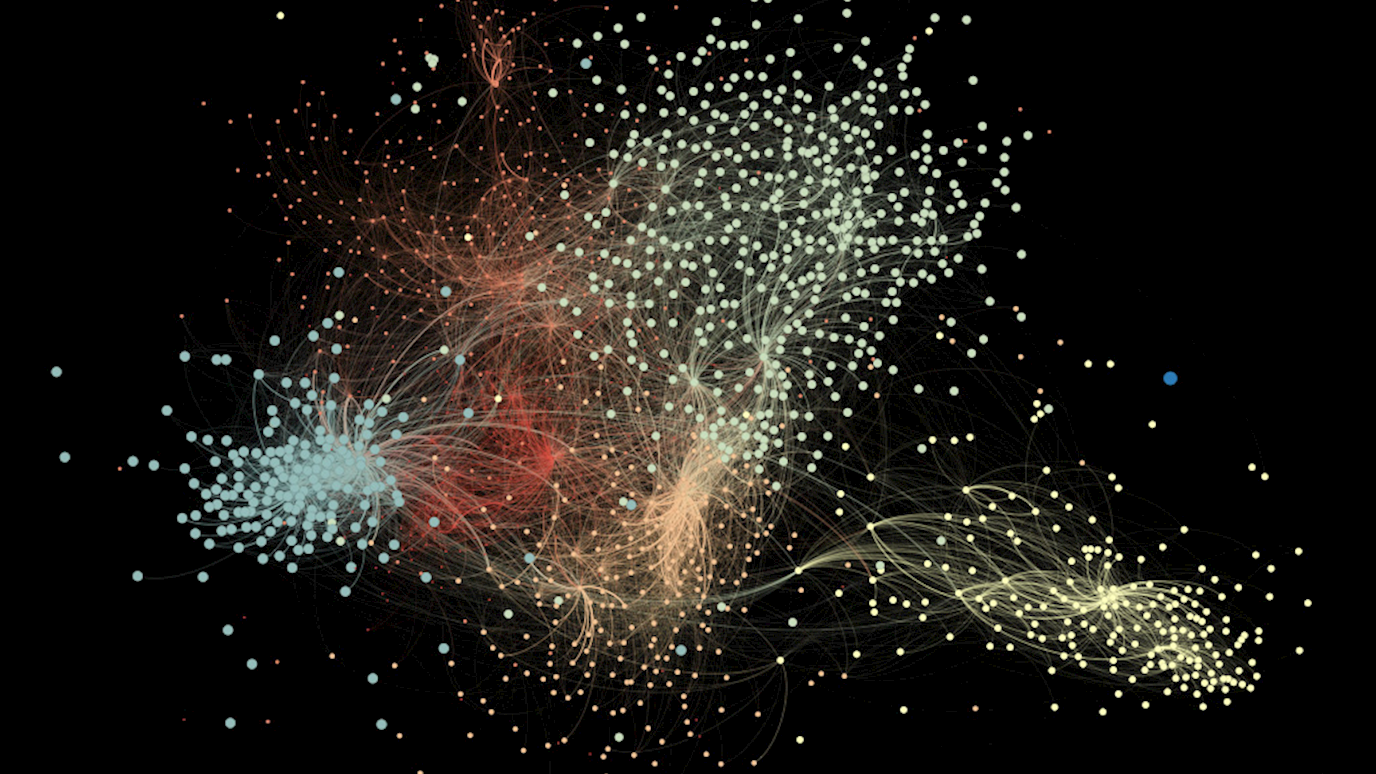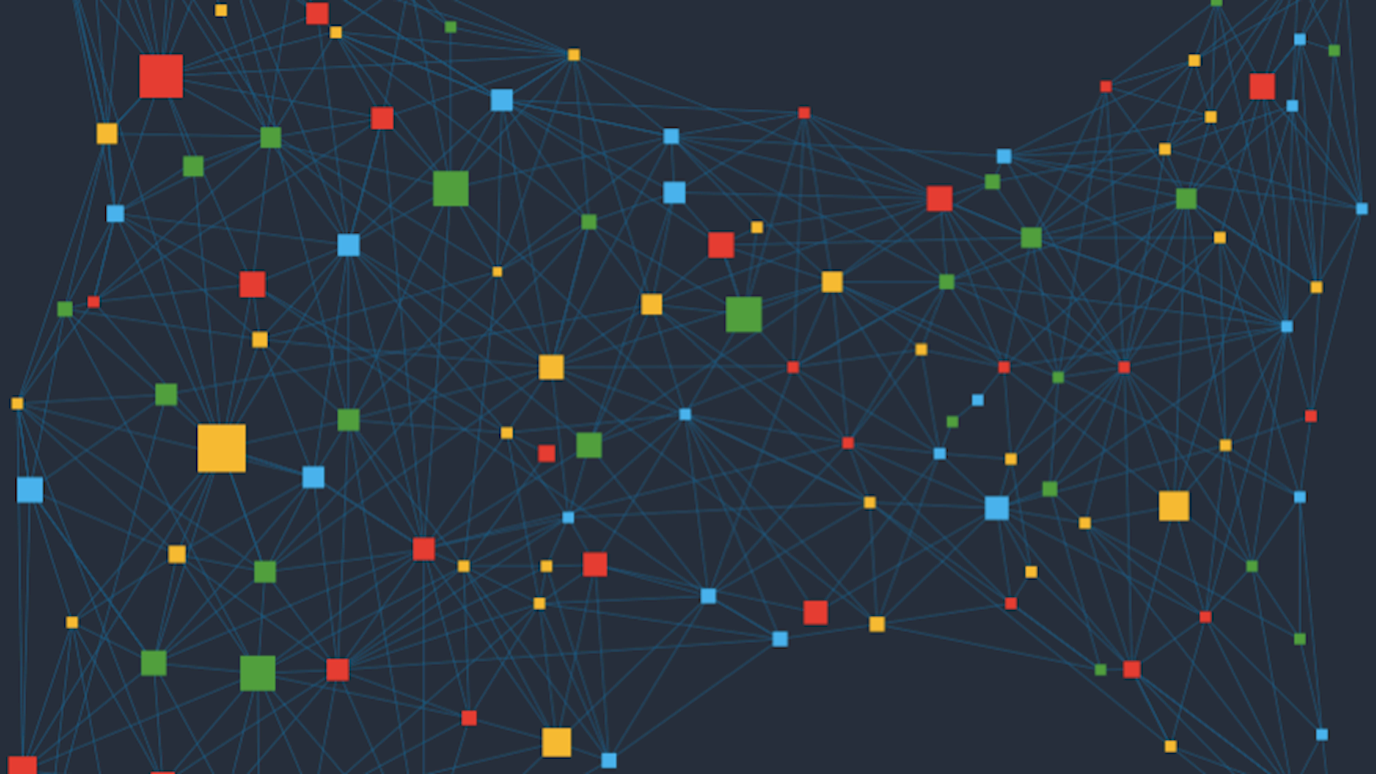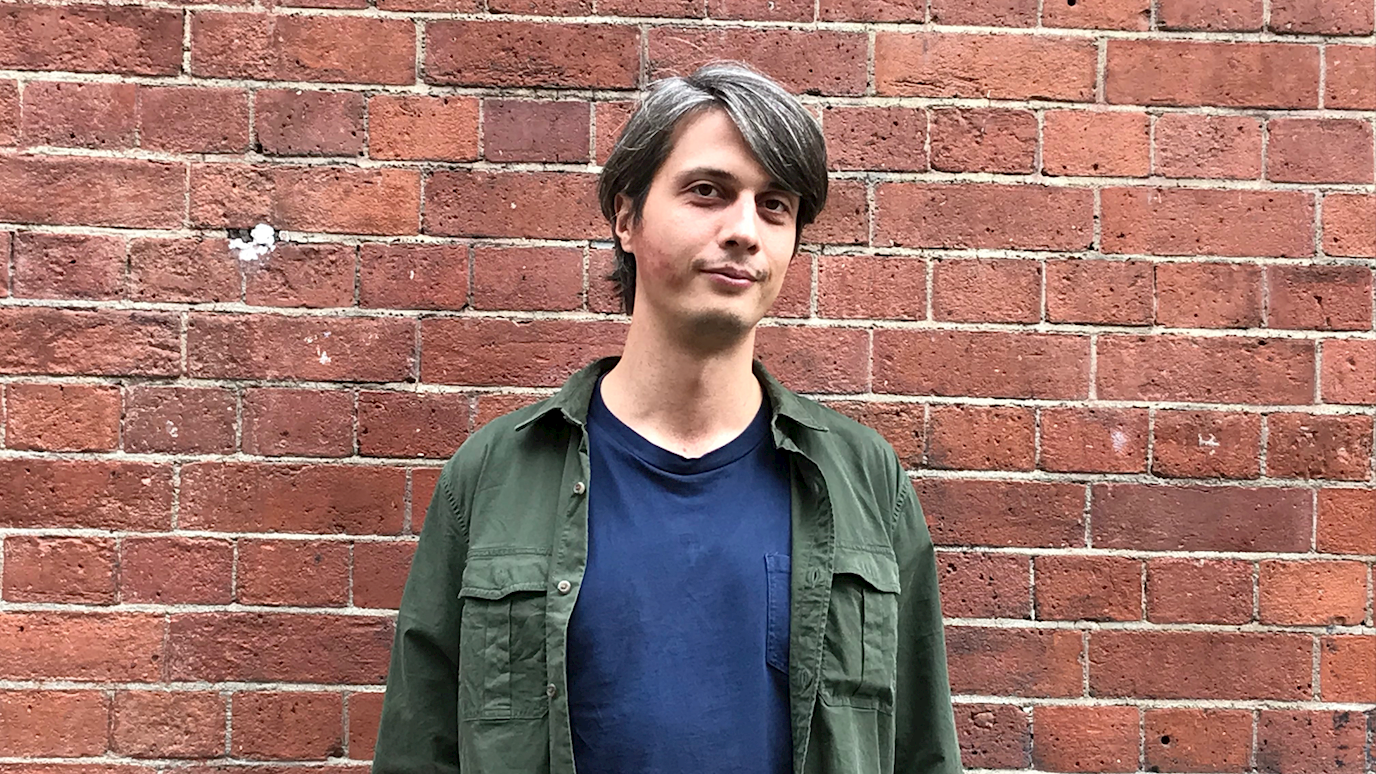The Centre covers a wide spectrum of topics spanning all aspects of theory and practice of distributed systems.
Founded in 2012, the unique focus of the Centre is on: large-scale and dynamic distributed systems exemplified by the modern days clouds; resilience and security of IoT systems; formal modelling and analysis of cyber-physical systems with applications in security and medicine; cognitive and autonomous agent systems; and automated planning, scheduling and search control with applications in surveillance operations, disaster response missions, and space operations.
Members
Staff
Dr Sara BERNARDINI – Distributed planning and Artificial Intelligence
Dr Dan O'KEEFFE – Distributed stream processing, secure architectures
Dr Nicola PAOLETTI – Verification, control, and synthesis of stochastic and hybrid systems
Professor Kostas STATHIS – Distributed multi-agent systems
Past
- Professor Gregory CHOCKLER – Fault-tolerant and trustworthy distributed systems
- Professor José FIADEIRO – Formal methods for complex distributed systems
- Dr Ionut TUTU – Logic programming, algebraic specification, abstract model theory
- Claudia CHIRITA – Algebraic specification, computational creativity, logic programming
- Pierre-Malo Deniélou
Collaborators
We have close collaborations with many researchers across the globe, including:
- Ken Birman, Cornell, USA
- Alexey Gotsman, IMDEA Software Institute, Spain
- Idit Keidar, Technion, Israel
- Antónia Lopes, University of Lisbon, Portugal
- Dahlia Malkhi, VMWare, USA
- Fernando Orejas, Technical University of Catalonia (UPC), Spain
- Dusko Pavlovic, University of Hawaii, USA
- Alexander Spiegelman, VMWare, Israel
- Ymir Vigfusson, Emory University, USA
Research strands
Distributed and Intelligent Computing Environments
The Distributed and Intelligent Computing Environments (dicelab) carries out research that spans theoretical and practical studies of complex applications by combining distributed systems techniques, intelligent agent models, and automated reasoning using computational logic.
The resulting research enables the deployment of multi-agent systems that cooperate with people in physical and social environments in order to support them with what they do at home, at work or while on the move. There is a particular focus on large experiments testing capabilities such as logic-based reasoning, negotiation, machine learning, the representation of interaction, agent communication, and the use of agent programming mechanisms, languages and organisational structures.
Application areas of interest include:
- Internet of Things;
- Smart Buildings and Cities;
- Intelligent Transport;
- Electronic Market Places;
- Personal Health Systems;
- Robotics.
Follow this link for more details.
Fault-Tolerant and Trustworthy Distributed Systems
Our work in fault-tolerant distributed systems focuses on a variety of fundamental and engineering challenges arising in modern distributed systems underpinning computer clouds, IoT systems, big data storage and processing platforms, multicore architectures, and blockchains among others.
The ongoing projects seek to uncover new principles, algorithmic techniques, and design paradigms for building provably correct, efficient, secure, and robust distributed systems tolerating failures of their constituent components and malicious attacks.
Projects:
- New Paradigms for Distributed Transaction Processing
- Scalable Infrastructure for Permissioned Blockchains
- Reliable Broadcast for Primary/Backup Systems
- Models and Design Principles for Emerging Hardware Technologies: RDMA and SGX
- Scalable Software for Multicores
Formal Methods for Cyber-Physical Systems
We investigate formal methods for modelling, analysis and control of cyber-physical systems, including: rigorous and efficient techniques for the automated verification, control, and synthesis of these systems; and the development of semantic structures and logics for specifying and reasoning about the systems that are now operating in cyberspace, which can be characterised by dynamic and complex interactions between subsystems.
Our ongoing and past research projects address several case studies for which providing formal correctness guarantees and correct-by-design models is paramount, such as cybersecurity protocols, artificial pancreas systems for closed-loop diabetes therapy, implantable cardiac devices for the treatment of arrhythmias, and models of biological and computer networks.
Projects:
- Formalisation of the Actor Network Theory paradigm introduced by Pavlovic and Meadows for cyber-physical system protocols with applications to information security.
- Hybrid logics for multi-level reasoning and automated verification.
- Hybrid and probabilistic systems in the areas of medical cyber-physical systems, systems and synthetic biology, and system design.
- Program synthesis from data and specifications; synthesis of probabilistic (biological) network models; synthesis of safe and robust digital controllers for stochastic control systems.
- Data-driven robust model-predictive control for the artificial pancreas; guided deep policy search.
- Machine-learning (ML) models for online model checking of hybrid systems; quantitative verification of probabilistic systems and systems with ML components.
- Analysis of reprogramming attacks on cardiac devices; electrocardiogram-based biometrics; secure control and state estimation under unknown/adversarial disturbances.
Follow this link for more details.
Intelligent and Autonomous Systems
Our work investigates designing and building Intelligent and Autonomous Systems for practical applications and lie at the intersection between the areas of AI, cognitive robotics and intelligent control.
We are conducting a variety of projects focussing on automated planning for temporal and metric domains, planning domain modelling languages, domain-independent search control, probabilistic reasoning and intelligent control.
Projects:
- Automated Plan-Based Policy-Learning for Surveillance Problems
- Planning Distributed Search Operations
- Effective use of drones in emergency response
Follow this link for more details.
Resilient and Secure Data Management Systems
We study engineering principles and paradigms for building robust andsecure distributed systems and databases. Ongoing work addresses a variety of challenges arising in cloud computing security and stream processing systems in wireless and sensor network environments.
Projects:
- High performance stream processing
- Edge computing for the Internet of Things.
- Trustworthy cloud computing (e.g. Intel SGX)
- Information flow control for cloud computing and web applications
- Blockchain and smart contract security
Grants
Current
- MIMRee: The Multi-Platform Inspection, Maintenance & Repair in extreme environments, funded by Innovate UK, 1/3/19 → 22/02/21
Past
- Network for Algorithms and Complexity in the UK (AlgoUK), funded by EPSRC, 2017 → 2020
- SHARPA: Shared Autonomy via Robust Task Planning and Argumentation, funded by EPSRC, 8/10/18 → 7/09/19
- Connect-R: Providing Structure in Unstructured Extreme Environments, funded by Innovate UK, 1/1/19 → 31/12/20
- Leverhulme Trust Visiting Professorship, funded by the Leverhulme Trust, 1/05/18 → 31/07/18
- IBM Shared University Research Award, 2017
- Semantic Completions: Unifying the Wave and the Particle Views of Information, funded by the Air Force Office of Scientific Research, 15/11/13 → 31/12/16
- Autonomous Intelligent Systems, funded by EPSRC, 1/09/15 → 28/02/16
- Coleman-Cohen Exchange Programme, research collaboration with Technion: 2016
- Faculty Award, by Facebook Inc., 2015
- Modelling and Analysis of Dynamic Networks of Interaction, funded by the Royal Society, 15/11/13 → 14/11/15
- COMMODITY12: Extension of COntinuous Multi-parametric and Multi-layered Analysis Of DIabetes TYpe 1 & 2, funded by the European Commission, 1/09/13 → 30/09/15
- COMMODITY12: COntinuous Multi-parametric and Multi-layered analysis Of DIabetes TYpe 1 & 2, funded by the European Commission, 1/10/11 → 30/06/14
- Scalable Software for Multicores, funded by the Royal Society, 1/01/14 → 1/01/14
- Verification and correctness of service-oriented systems, funded by EPSRC, 1/10/12 → 31/12/12
- Trustworthy Digital Systems - A Proposed Novel Distributed Services Architecture, funded by the Centre for Defense Enterprise, 28/11/11 → 27/05/12























